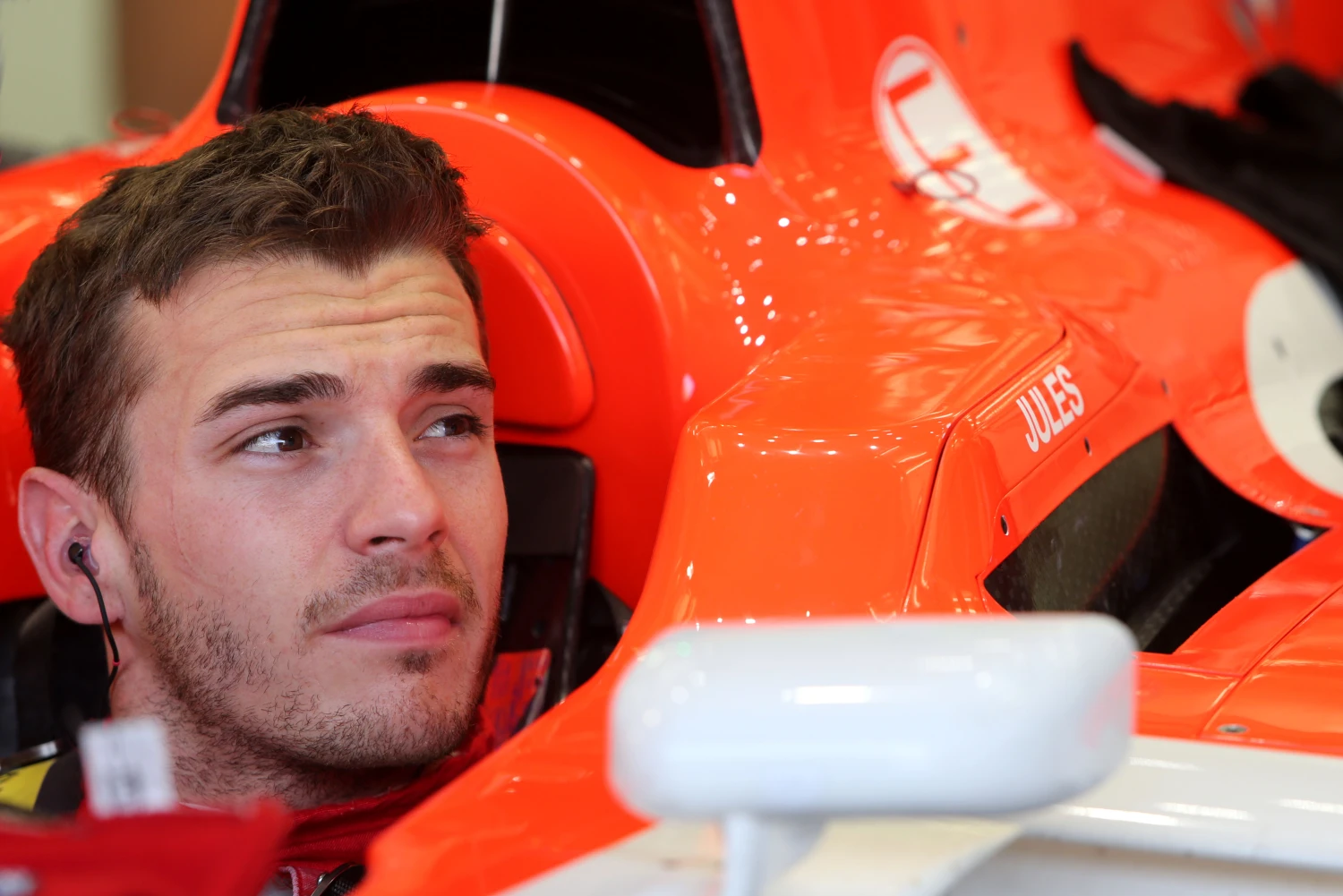Suzuka 2014: the accident that claimed Jules Bianchi’s life
F1’s rising star
Regarded as Ferrari’s future big name, Jules Bianchi was racing for Marussia at the time, while being closely watched by the Scuderia. In 2014, he scored the very first points in the team’s history at the Monaco Grand Prix, consolidating his trajectory towards a future in red.
A race launched under threatening skies
The 2014 Japanese Grand Prix, held in Suzuka, opened under torrential rain caused by typhoon Phanfone. Despite the rapidly deteriorating conditions, the start was maintained. From the very first laps, drivers faced almost zero visibility and extremely precarious grip.
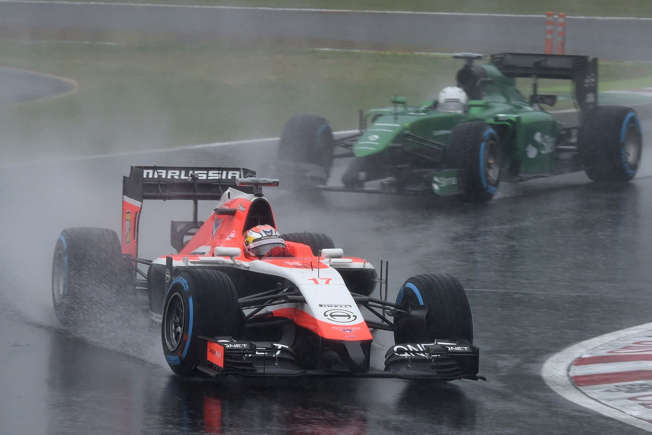
A risky intervention in the middle of the race
On lap 42ᵉ, German driver Adrian Sutil lost control of his single-seater and left the track at Turn 7. A crane was then sent onto the soggy track to evacuate the car, while the race continued under double yellow flags.
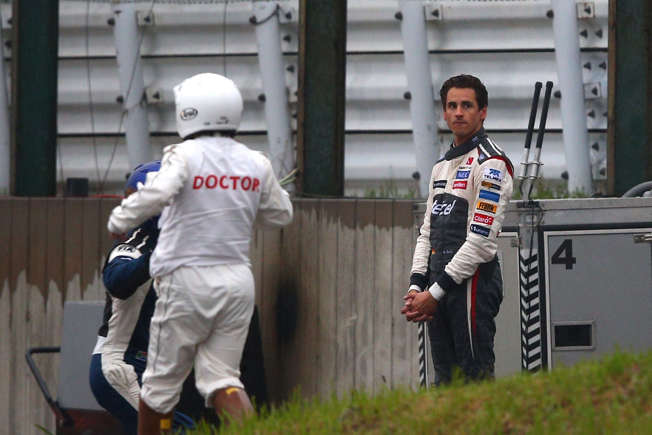
A fatal collision
One lap later, Jules Bianchi lost control of his single-seater, hydroplaning at almost 126 km/h. With visibility almost non-existent, he veered off the wet track and collided head-on with the recovery vehicle, sustaining an extremely serious head injury.
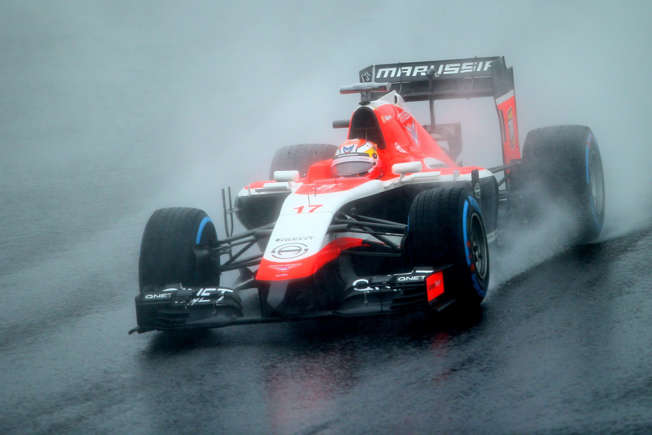
Silence on the track
Following the accident, the race directors brought out the red flag, immediately interrupting the Grand Prix. As the emergency services intervened without providing any clear information, a heavy, silent atmosphere descended on the Suzuka paddock. Drivers and teams waited, frozen in worry and incomprehension.
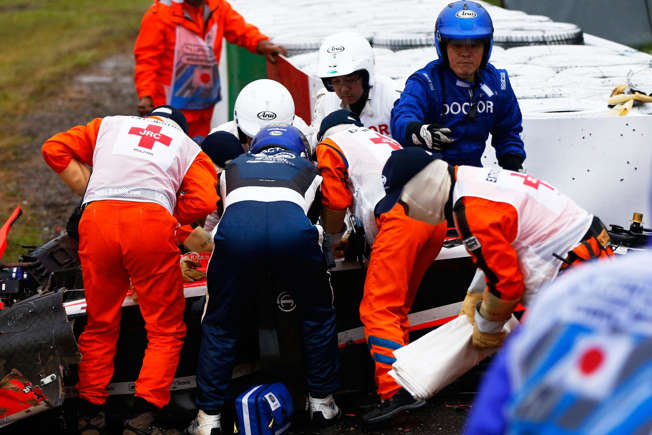
A devastating injury
Jules Bianchi suffered a diffuse axonal injury, one of the most severe forms of head trauma. Plunged into an induced coma at Yokkaichi hospital, he was later repatriated to Nice. He never regained consciousness.
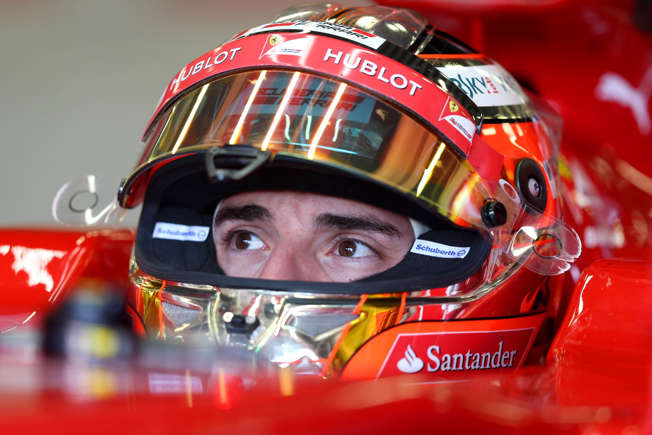
A controversial decision
The accident prompted immediate criticism of Formula 1 race management, in particular the controversial decision to allow a recovery vehicle to intervene without deploying the safety car. In view of the scale of the tragedy, calls for far-reaching reforms to the protocols governing dangerous conditions multiplied.
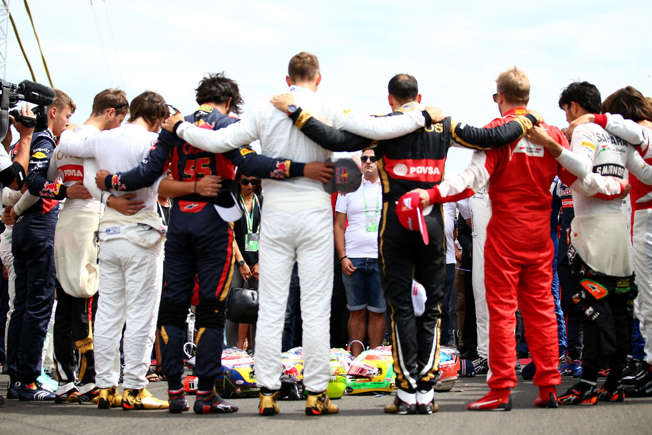
A technological response
In response to the Jules Bianchi accident, Formula 1 introduced the Virtual Safety Car (VSC) system in 2015. This system requires all drivers to slow down according to a reference time (delta), ensuring much safer trackside interventions.
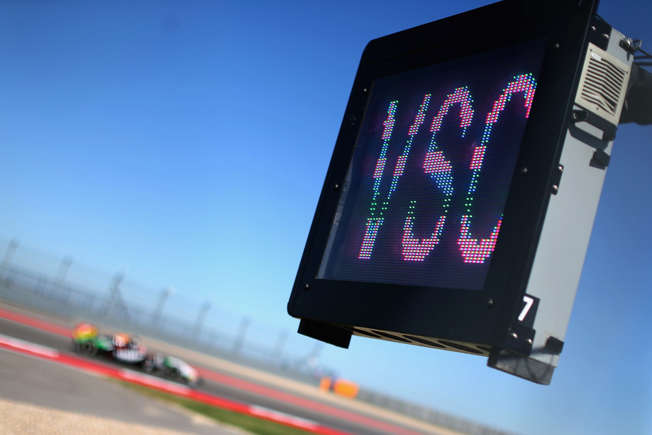
Between justice and pain
Jules Bianchi’s family took legal action against the FIA, the Formula One Group and the Marussia team, alleging avoidable negligence. Although settlements were eventually reached, the emotional and media impact of the case has profoundly altered the way F1 now approaches risk management.
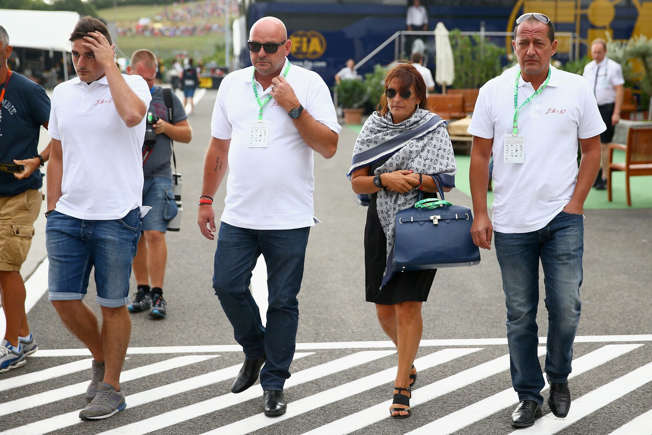
A rare tragedy
On July 17, 2015, after nine months in a coma, Jules Bianchi died at the age of 25. He thus became the first Formula 1 driver to succumb to injuries sustained during a race since Ayrton Senna, in 1994.
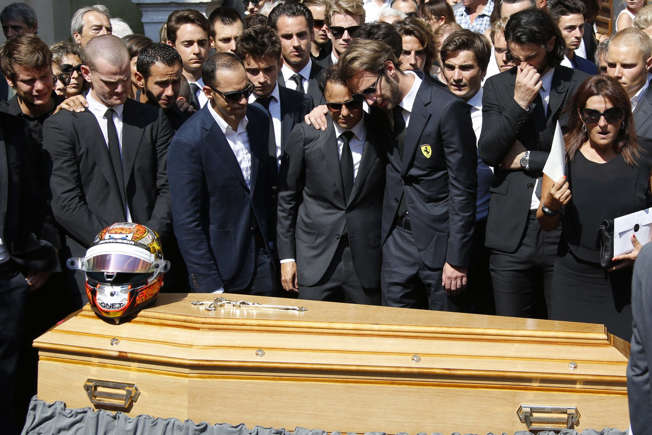
Source Article : https://www.msn.com/fr-xl/actualite/other/suzuka-2014-l-accident-qui-a-coûté-la-vie-à-jules-bianchi/ss-AA1ILr8l#image=1



